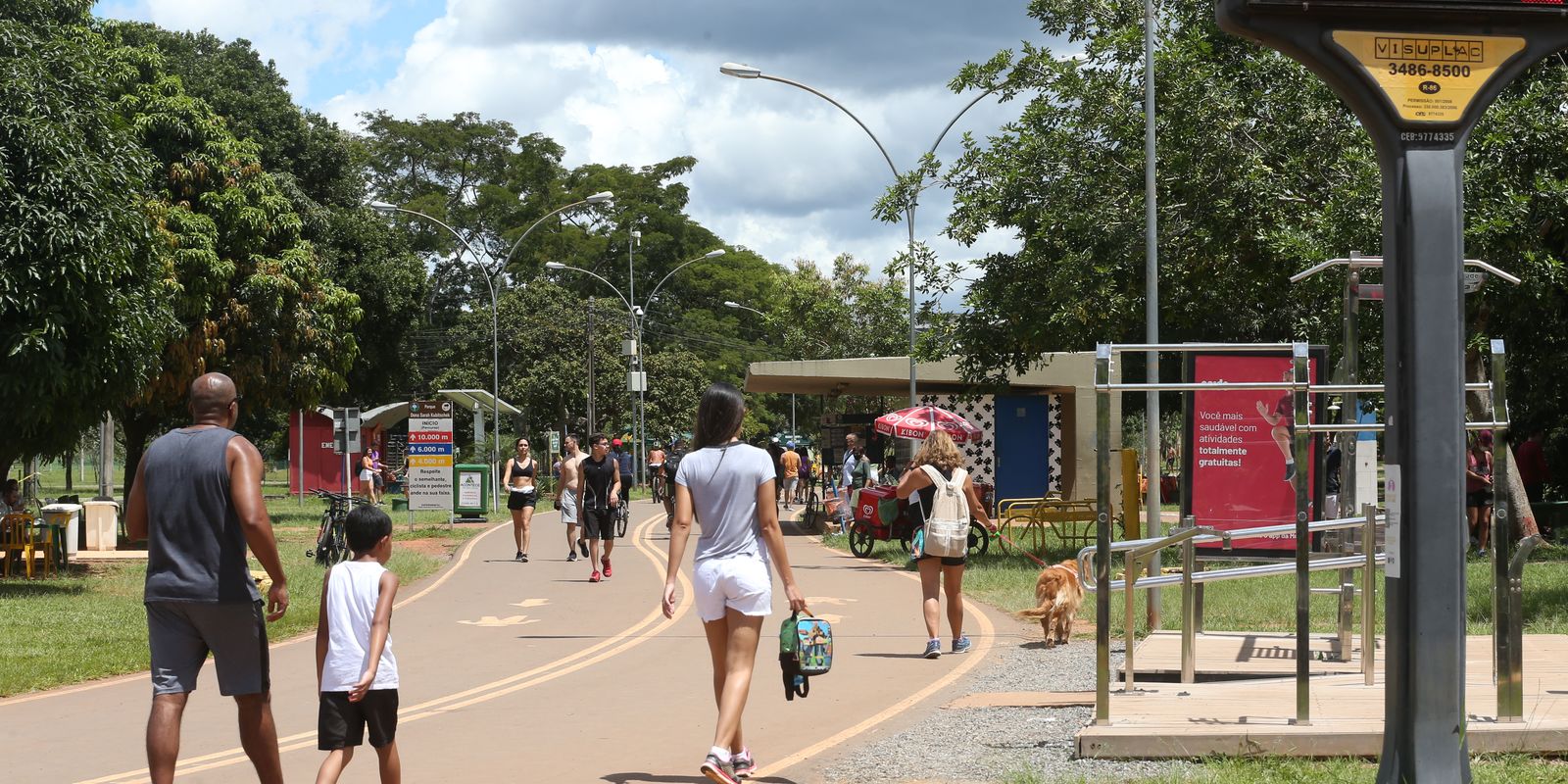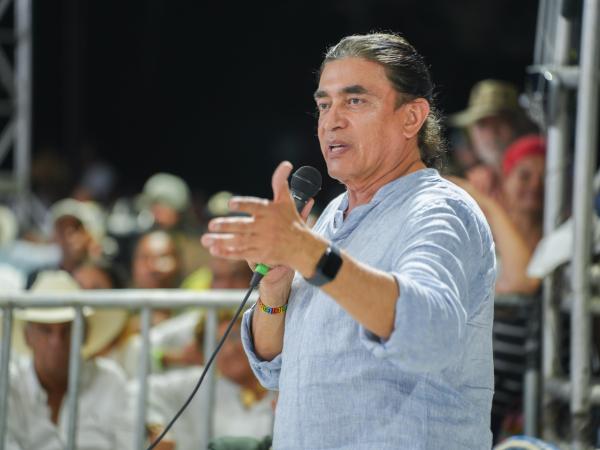The National Cancer Institute (Inca), a body linked to the Ministry of Health (MS), highlights the importance of physical activities for cancer prevention and control in a statement released last week. Aligned with National Cancer Prevention and Control Policy (PNPCC)the institute highlights that physical exercise is beneficial for both mental and collective health, in addition to contributing to well-being, quality of life, socialization, increased autonomy and social participation.
Regular exercise, as recommended by Inca, can lead to a reduction in the risk of various types of cancer, such as breast, prostate, endometrial, colon and rectum.
Encouraging physical activity, however, should not come only from patients.
For Inca’s Prevention and Surveillance coordinator, Fábio Carvalho, the innovation of the dissemination is precisely to emphasize what the scientific literature brings in relation to the potential of physical activity for health in general, not just related to cancer. With its publication, the document helps to demystify the common sense that rest is the best strategy for cancer patients.
“What the positioning is also highlighting is that there are public policies of the Unified Health System (SUS) that offer physical activities for the Brazilian population”, he observes. “Furthermore, in health units, other professionals, such as physiotherapists, nutritionists and nurses, can advise on the topic and support people in adapting physical activity to their reality, according to where they live and the pace of work they require. have.”
Numbers
In Brazil, as MS data Based on the Cancer Registries and Mortality Information System (SIM/MS), there were 71,730 new cases of prostate cancer, 21,970 of colon and rectum and 18,020 of trachea, bronchi and lungs in men in 2023. Among women, there were 73,610 new cases of breast cancer, 23,660 of the colon and rectum and 17,010 of the colon of the uterus in the same period.
Ministry data also shows the number of deaths by primary location of the tumor in 2021. In men, prostate cancer recorded 16,300 deaths, trachea, bronchi and lung cancer, 15,987, and colon and rectum cancer 10,662. The situation remains similar among women, with 18,139 deaths due to breast cancer, 12,977 due to tracheal, bronchial and lung cancer and 10,598 due to colon and rectal cancer.
“Specifically for people undergoing cancer treatment, physical activity has the potential to both reduce specific mortality from some types of cancer, as well as contribute to controlling symptoms, such as, for example, cancer fatigue, a common symptom for those undergoing cancer treatment. undergoing treatment”, points out Carvalho.
According to the coordinator, keeping the body moving also improves the quality of sleep and the psychosocial state — set of social, emotional and mental health needs — of patients. “In general, physical activity contributes both to prevention, to prevent a case of cancer from arising, and to help those who are undergoing treatment or after it”, he adds. In the study Estimate 2023 – Cancer Incidence in BrazilInca warned of the emergence of 704 thousand new cases of cancer in the country per year until 2025, with emphasis on the South and Southeast regions, which account for around 70% of the incidence of the disease.
Adaptations
In the position released earlier this year, Inca emphasizes that physical activity, when adapted to the specific conditions of each individual, is safe and effective for patients at different stages of treatment. “It is absolutely important that the health team that is already monitoring the case is aware that the person is going to do physical activity, preferably under the supervision of a physical education professional or a physiotherapist”, emphasizes Carvalho.
For the most economically vulnerable patients, who do not have the possibility of being monitored by specialized teams, the coordinator indicates that simple daily actions can help.
“If the person does not have access to this professional, they may have more physically active options in their daily lives. For example, walk a little more, change the car in short sections, such as to go to the bakery or the market close to home, for walking. All of this will bring benefits”, recommends Carvalho.
“If it is possible, based on the stage of treatment and the access that the person has, attending a systematic physical activity, such as a gym or even a supervised run, will be even better, but this is not a condition for receiving the benefits of physical activity. More physically active options in everyday life also help a lot”, he argues.
* Intern under the supervision of Vinícius Lisboa















